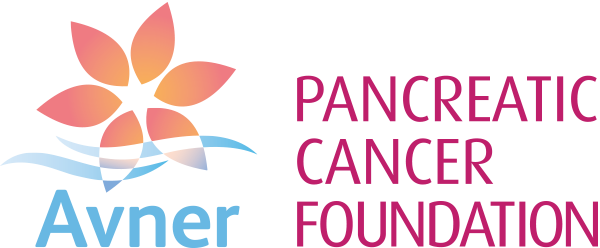The University of Melbourne Centre for Cancer Research offers services to the wider research sector - find out more about the Melbourne Clinical Genomics Platform, Organoid Laboratory and Biobanking Laboratory.

Melbourne Clinical Genomics Platform (MCGP), a vital arm of the University of Melbourne Centre for Cancer Research (UMCCR), leverages genomic sequencing to advance cancer research and personalised medicine.
Operating within the Victorian Comprehensive Cancer Centre, the MCGP provides access to sequencing technologies, including the Illumina NovaSeq 6000, to accelerate genomic research, teaching, and clinical applications.
UMCCR, accredited by NATA ISO 15189 (site number: 3189, NATA/RCPA Accreditation No.: 3196), provides cell-free DNA (cfDNA) cancer genomic testing to support clinical trials and research studies. Our accredited cfDNA testing, complemented by clinical result interpretation, assists in guiding cancer patient management. Access to cfDNA testing via UMCCR is currently restricted to oncologists' requests with informed patient consent. Test expenses are typically covered by associated research studies or clinical trials. The expected turnaround time from sample receipt to report is approximately 4 weeks. Further information regarding the genomic test, including a comprehensive list of targeted genes, is available upon request.
Contact MCGP for more information:
P: +61 3 8559 7076
E: umccr-genomics@unimelb.edu.au
The University of Melbourne Centre for Cancer Research (UMCCR) Organoid Laboratory provides facilities and expertise for the development of 3D tumour organoid models allowing the study of phenotypic and genomic characteristics in various tumour types, thus supporting the Centre’s research effort in the field of precision oncology.
Led by Professor Frederic Hollande and employing one full-time post-doctoral fellow and one full-time Research Assistant, the UMCCR Organoid Lab has developed an extensive biobank of frozen pancreatic tumour organoids. Organoids are undergoing phenotypic characterisation prior to drug screening and genomic characterisation to enable the development of more effective targeted treatments.
Our processes for organoid development and biobanking have been optimised to enable researchers to accelerate the discovery and testing of individually-tailored therapeutics for the benefit of pancreatic cancer patients.
In addition, the Organoid Lab has ongoing collaborations with several groups within UMCCR to jointly develop tumour organoids from other cancer types, including a large number of organoids from colorectal cancer liver metastases (Hollande Lab) and emerging projects in the area of hereditary colorectal cancer (Buchanan Lab) and cancers of unknown primary (Tothill Lab).
Organoids developed in our Lab are amenable for drug screening approaches, genomics and transcriptomic sequencing, as well as other research projects. Get in touch with us to discuss potential collaborations around the characterisation of existing samples or the development of new organoid models.
An initial grant from the Avner Pancreatic Cancer Foundation was presented to Professor Sean Grimmond at the University of Melbourne in 2016 to establish Australia’s first pancreatic cancer ‘organoids bank’, in collaboration with the Walter and Eliza Hall Institute of Medical Research (Professor Peter Gibbs, Dr Tracy Putoczki and Dr Belinda Lee).
Contact Professor Frederic Hollande for more information:
Department of Clinical Pathology
P: +61 3 8559 7023
E: frederic.hollande@unimelb.edu.au
The University of Melbourne Centre for Cancer Research (UMCCR) Biobanking Laboratory provides facilities and expertise for the receipt, processing and storage of human biological samples for a range of cancer research studies, thus supporting the Centre’s research efforts in the field of precision prevention and precision oncology.
The UMCCR Biobanking activities reside within the Colorectal Oncogenomics Group, led by Associate Professor Daniel Buchanan. The group currently supports a number of existing large cancer-focused bioresources and has ongoing collaborations with several groups within UMCCR to jointly accelerate cancer research. The Biobanking Laboratory continues to collaborate with new investigators to provide biobanking support including blood and tissue processing, a range of temperature-controlled storage options, and molecular testing activities.
Contact Associate Professor Daniel Buchanan for more information:
Department of Clinical Pathology
P: +61 3 8559 7004
E: daniel.buchanan@unimelb.edu.au